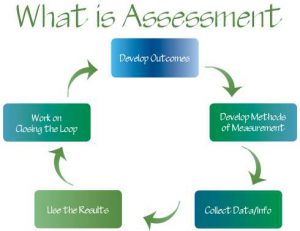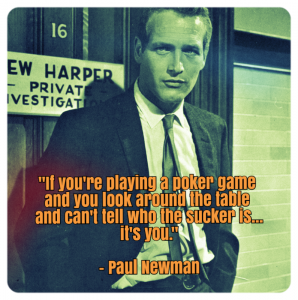
Rumblings on the hustings, the corporate global economic order has Always been predicated on sacrificing the working class. Always:
It’s obvious now, however, that the new model not only weakened the fringes of the proletariat but society as a whole.The paradox is this is not a result of the failure of the globalised economic model but of its success. In recent decades, the French economy, like the European and US economies, has continued to create wealth. We are thus, on average, richer. The problem is at the same time unemployment, insecurity and poverty have also increased. The central question, therefore, is not whether a globalised economy is efficient, but what to do with this model when it fails to create and nurture a coherent society?
In France, as in all western countries, we have gone in a few decades from a system that economically, politically and culturally integrates the majority into an unequal society that, by creating ever more wealth, benefits only the already wealthy.
The change is not down to a conspiracy, a wish to cast aside the poor, but to a model where employment is increasingly polarised. This comes with a new social geography: employment and wealth have become more and more concentrated in the big cities. The deindustrialised regions, rural areas, small and medium-size towns are less and less dynamic. But it is in these places – in “peripheral France” (one could also talk of peripheral America or peripheral Britain) – that many working-class people live. Thus, for the first time, “workers” no longer live in areas where employment is created, giving rise to a social and cultural shock.
Switch out France périphérique for the Rust Belt. They are interchangeable, except that the former has not, as yet, voted straight fascist and retains the habit of taking to the street – as well as tearing up parts of it to throw at the police. It’s how different cultures tackle the same problem: the left-behindness, debt, low pay, high taxes, inequality, and ignorance upon which the limited successes of late capitalism depend. It’s certainly not pleasant, but people have long-understood this and attempted to warn us from the dragons – Dr. K, Joe Stiglitz, Thomas Piketty – nor it is unrelated to the bizarre vortex we’ve been documenting here for ten(!) years. And the Gilets jaunes are not solving this problem. But they are making us look, and we’re not even used to that.
Image: Author photo of a different type of inundation, near Pont Neuf, 2016




 Via LGM, the approaching
Via LGM, the approaching  You can imagine, outside any pull of nostalgia, a time when the internet was just a novelty. Before companies began to dream about monetizing our personal data. Before political campaigns began to mine that data for habits and proclivities, before our vulnerability to having weaponized popularity used against us (if only for a few minutes)… you had, what? Techno-utopianism is perhaps the saddest kind: dry, unfulfilling, obviously not harmless. But the gamed-out essence of online anonymity maxed into inflated presence with no actual power behind it beyond its allure brags a special brand of nerdy cache. With computer technology we began trading in a kind of currency we had never considered before we were already doing so. That’s why it was new but felt so familiar.
You can imagine, outside any pull of nostalgia, a time when the internet was just a novelty. Before companies began to dream about monetizing our personal data. Before political campaigns began to mine that data for habits and proclivities, before our vulnerability to having weaponized popularity used against us (if only for a few minutes)… you had, what? Techno-utopianism is perhaps the saddest kind: dry, unfulfilling, obviously not harmless. But the gamed-out essence of online anonymity maxed into inflated presence with no actual power behind it beyond its allure brags a special brand of nerdy cache. With computer technology we began trading in a kind of currency we had never considered before we were already doing so. That’s why it was new but felt so familiar. 

 Congratulations to Richard Thaler on his 2017 Nobel Prize in Economics. The professor took some hardly veiled shots at the Preznit, but also offered some “gee, I just can’t figure it” about
Congratulations to Richard Thaler on his 2017 Nobel Prize in Economics. The professor took some hardly veiled shots at the Preznit, but also offered some “gee, I just can’t figure it” about  So fB is headed for a showdown with the Mueller investigation, or at least the inauguration of a new transparency czar for the
So fB is headed for a showdown with the Mueller investigation, or at least the inauguration of a new transparency czar for the